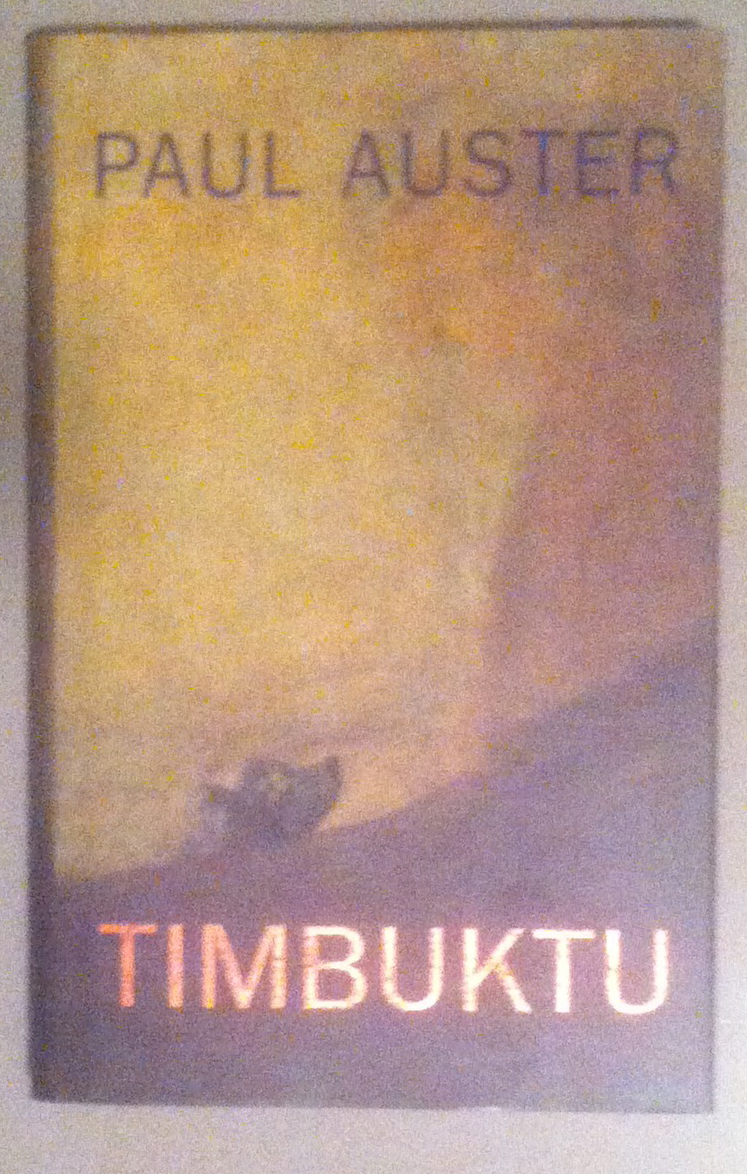It’s a bit strange, but my favourite genre for books is ‘animals that talk’. I read a lot of books which involve talking animals. A lot. And I have since I was a little kid.

I scour the shelves in book and opportunity stores. A few years ago, I chanced upon a book called The Plague Dogs in an opportunity shop.
It was by Richard Adams, the author of Watership Down. You know, the wildly successful book and movie with talking rabbits? But, instead, it was a book with talking dogs! I purchased the book without hesitation. Dogs that talk! My favourite!
This book took me a while to get through. It’s a heavy and slow-going read. I was on the bus to work when I got to the last 50 pages or so. Ecstatic, I knew I’d finish it on the bus ride home.
As I hopped on the bus on the way home, I encountered a problem. My book was not in my bag. Coincidentally, my work had just moved office buildings, and that was my last day at the ‘old building’. I rang the bus company and my book was nowhere to be found.
How could I finish the last pages of a book published well over 30 years ago?
Luckily, one of my dog friends had a copy and I borrowed the book to read the last 50 pages. And I finally finished the book!
Why did I tell you this story?
Because it’s about a million times more interesting than the book.
Okay, so that’s a little harsh… But it’s also a lot true. This book took me about 18 months to read because it was so terribly boring. I am not a slow reader (I read Harry Potter and the Deathly Hallows in about 5 hours). It was just so slow that I didn’t want to read it.
In it’s time, The Plague Dogs was probably quite revealing. It queries the ethics of experimentation on animals. However, in 2013, it is less of a mystery when it comes to what happens to animals in research centres, and the ethicalness of such a practice is publicly questioned.
 Timbuktu
Timbuktu
I’m not one for writing negative reviews, so I thought I’d condense this one and give you two books not to read at once. All the negativity in one hit. It’s all the efficiency in writing that The Plague Dogs lacks!
I can absolutely say that this book was an engaging and interesting read, and a book I enjoyed reading.
When I was in primary school, during creative writing, we were not allowed to finish our stories with, “I woke up and it was all a dream”. I think this is an important memo that the author missed. No, it doesn’t end quite that way, but it still an incredibly unsatisfactory finish.
While this book was an enjoyable read, I felt like the book was taking me to a far better place. As I got to the last pages, I was thinking to myself, “Wow, this has only this much to go? How is it going to end?”
The answer? Really dumbly.
So it’s cool for you to read this book and it won’t take you long, but it’s probably not going to be a particularly gratifying experience once you get to the end and feel like the author gypped you of a satisfying conclusion.
But in the interests of impartiality…
Maybe I’m a grump, because Goodreads and Amazon reviews are much more complimentary for these two books. The Plague Dogs has 4 stars on Amazon and 4 stars on Goodreads (out of 5).Timbuktu has 3.5 stars on Amazon and 4 stars on Goodreads (out of 5).
Have you read these books? Did either book tickle your fancy?
Further reading: For a book I actually liked, see my reviews on A Dog’s Purpose and A Puppy Called Aero.

Thanks for the honest reviews. I’ve read a few books lately that had great reviews on Amazon and Goodreads that I thought were total dogs in the bad sense. It seems that some publishers are paying money for reviews, more money for good ones than bad ones.